• Study in Canada
How to Become a Licensed Nurse in Canada?
2797 Reads
3 min Read
Through their work in healthcare organizations such as hospitals, public health sector, the private sector and the field of research, nurses have a huge impact on today’s society. This blog explores the process of becoming a nurse in Canada.
Introduction to NNAS
Exploring Alternative Education Paths in Canada
Institutes that offer a PGD/ Masters in Nursing in Canada
| S.No | University Name | Program Name |
| 1. | University of Ottawa, Ontario, Canada | Master of Science in Nursing (Course-Based) |
| 2. | University of Saskatchewan, Canada | Master of Nursing – Professional Practice Option |
| 3. | Langara College, British Columbia, Canada | Post Degree Diploma – Nursing Practice in Canada |
| 4. | Conestoga College | Graduate Certificate In Enhanced Practice For Internationally Educated Nurses |
| 5. | Georgian College | Graduate Certificate in Enhanced Practice for Internationally Educated Nurses - Complex care |
| 6. | Lakehead University | Master Of Public Health Specialization In Nursing |
| 7. | Sault College | Graduate Certificate in Enhanced Practice for Internationally Educated Nurses - Acute Care |
| 8. | NorQuest College | PG Diploma for Internationally Educated Nurses - Practical Nurse |
Advantages of Pursuing a PG Diploma or Masters in Nursing in Canada
Comprehensive Education and Skill Development
Increased Job Opportunities and Career Advancement
Potential for Higher Salaries and Specializations
Application Process for PG Diploma's and Masters in Nursing in Canada
Document Requirements and Application Deadlines
Conclusion
Also read: Bachelor of Nursing Courses in Australia
FAQ
Get great articles direct to your inbox
The latest news, articles, and resources, sent straight to your inbox every month.
Popular Universities to Study Abroad
World class education waiting for you.
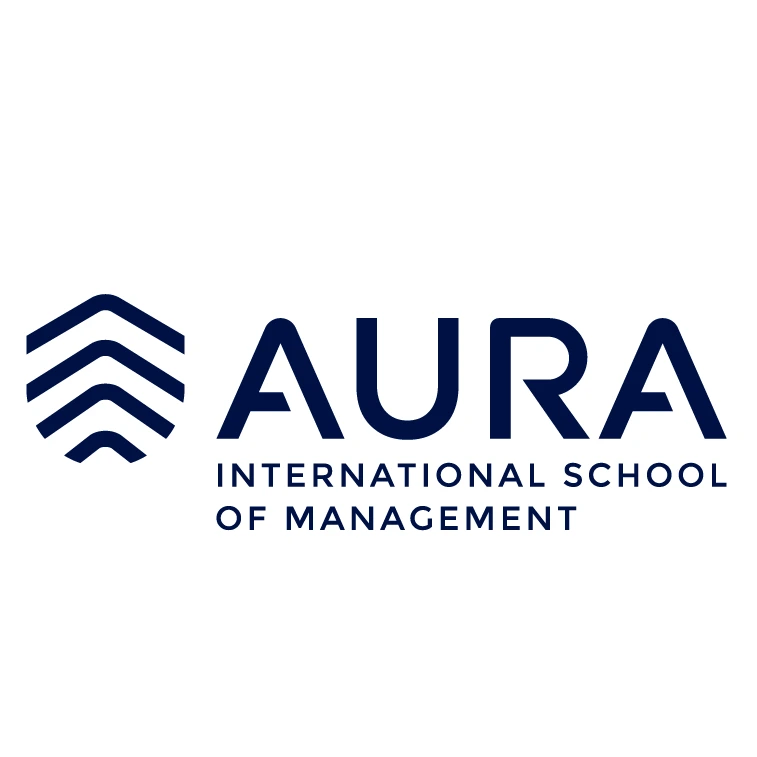
Aura International School of Management - Paris Campus
Paris, France • 8 Programmes
Tuition Fee : EUR 10000-10500 / year
.webp)
Alexander College - Burnaby Campus
British Columbia, Canada • 11 Programmes
Tuition Fee : CAD 18000-18500 / year
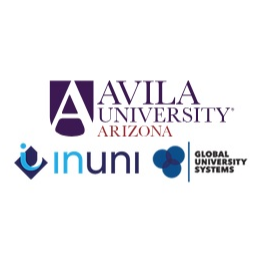
Global University Systems (GUS) - Avila University - Arizona Campus
Missouri, USA • 5 Programmes
Tuition Fee : USD 37000-38000 / year

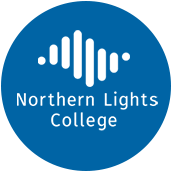
Northern Lights College - Dawson Creek Campus
British Columbia, Canada • 29 Programmes
Tuition Fee : CAD 11800-18000 / year
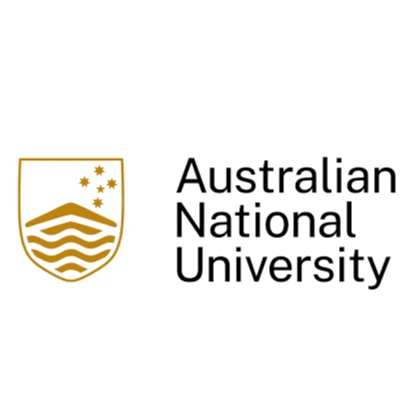
The Australian National University (ANU)
Australian Capital Territory, Australia • 398 Programmes
Tuition Fee : AUD 44000-54000 / year
.png)
Shorelight Group - Dakota Wesleyan University
South Dakota, USA • 34 Programmes
Tuition Fee : USD 32000-33000 / year
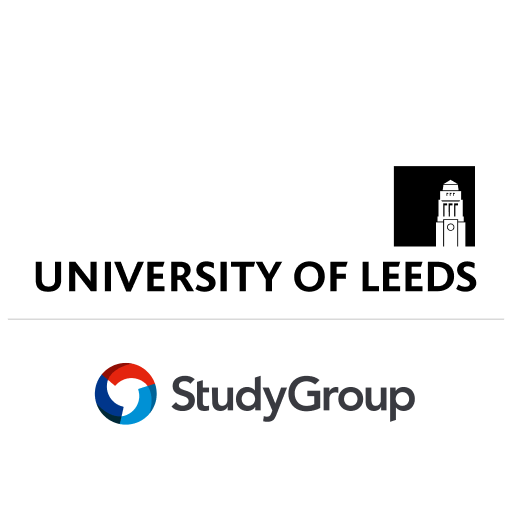
Study Group - University of Leeds International Study Centre
England, UK • 143 Programmes
Tuition Fee : GBP 20000-24000 / year
Popular English Language Proficiency Exams
Blogs and Articles
Curated content to keep you updated on the latest education trends, news and more.
Updated on • Jul 17,2025 05:33 PM IST • USA
PTE Accepted Universities in Australia
Updated on • Jul 17,2025 05:09 PM IST • PTE
Part-Time Jobs for International Students in Australia
Updated on • Jul 17,2025 03:44 PM IST • Australia
Updated on • Jul 12,2025 04:02 PM IST • USA
Updated on • Jul 11,2025 11:32 AM IST • Education
CPT vs OPT: Meaning, Difference, and How to Apply
Updated on • Jul 11,2025 10:40 AM IST • USA
Masters in Computer Science in UK: Top Colleges, Eligibility, Scholarships
Updated on • Jul 10,2025 11:29 AM IST • study in the UK
Highest Paying Jobs in the World
Updated on • Jul 08,2025 01:40 PM IST • Study Abroad
MBA in Australia for Indian Students: Best Universities, Requirements, Scholarship, Courses, Jobs
Updated on • Jul 08,2025 01:35 PM IST • Australia
Canada vs Australia: Which Country is Better for Indian Students in 2025?
Updated on • Jul 07,2025 12:46 PM IST • Education
France vs Germany: Which Is Better for International Students?
Updated on • Jun 30,2025 05:15 PM IST • Education
Top 10 Agricultural Universities in USA
Updated on • Jun 27,2025 05:25 PM IST • USA
Most In-Demand Future Careers in 2025
Updated on • Jun 26,2025 04:41 PM IST • Education
How Much Do Nurses Make in the U.S.?
Updated on • Jun 23,2025 03:59 PM IST • USA
Updated on • Jun 21,2025 02:00 PM IST • USA
MBA in UK: Universities, Eligibility, Types, and Career Opportunities
Updated on • Jun 19,2025 04:09 PM IST • UK • study in the UK
Scholarships in France for Indian Students
Updated on • May 29,2025 05:22 PM IST • France
Intakes in Dubai for Indian Students
Updated on • May 27,2025 03:34 PM IST • Study in Dubai
France Student Visa 2025 – Requirements, Fees, Checklist & Application Process
Updated on • May 23,2025 03:36 PM IST • France
MBA in France for Indian Students in 2025
Updated on • May 22,2025 05:35 PM IST • France
Related Blogs and Articles
A little effort to provide an authentic and reliable content for keen readers!!
Updated on • 22-05-2025 • Study in Canada
Job Opportunities in Canada for Indians: Salaries, Best Job Sites & More
Updated on • 20-05-2025 • Study in Canada
Updated on • 24-01-2025 • Study in Canada
Canada Student Visa Interview Questions
Updated on • 23-01-2025 • Study in Canada
Updated on • 15-01-2025 • Study in Canada
September/Fall Intake Canada 2025: Timeline, Universities & Admission Requirements
Updated on • 03-01-2025 • Study in Canada
Updated on • 02-01-2025 • Study in Canada
Life in Canada as an Indian Student
Updated on • 26-12-2024 • Study in Canada
Timeline for Winter (January) Intake in Canada 2025
Updated on • 21-12-2024 • Study in Canada
Updated on • 05-12-2024 • Study in Canada
Best Cities to Study in Canada
Updated on • 21-11-2024 • Study in Canada
Bachelor of Architecture in Canada
Updated on • 13-11-2024 • Study in Canada
Canada Study Visa - Fee, Requirements, How to Apply & More
Updated on • 05-10-2024 • Study in Canada
Study intakes in Canada - Fall, Winter & Summer
Updated on • 03-10-2024 • Study in Canada
Letter of Recommendation (LOR) for Canada: University Requirements, Sample and Writing Tips
Updated on • 26-09-2024 • Study in Canada
New Rules & Regulations in Canada for International Students
Updated on • 31-08-2024 • Study in Canada
Public Transportation in Canada for International students
Updated on • 29-08-2024 • Study in Canada
Healthcare in Canada for international students
Updated on • 27-08-2024 • Study in Canada
Courses in Canada for International Students
Updated on • 10-08-2024 • Study in Canada
Top PG diploma Colleges in Canada - Courses, Eligibility & More
Updated on • 06-08-2024 • Study in Canada












